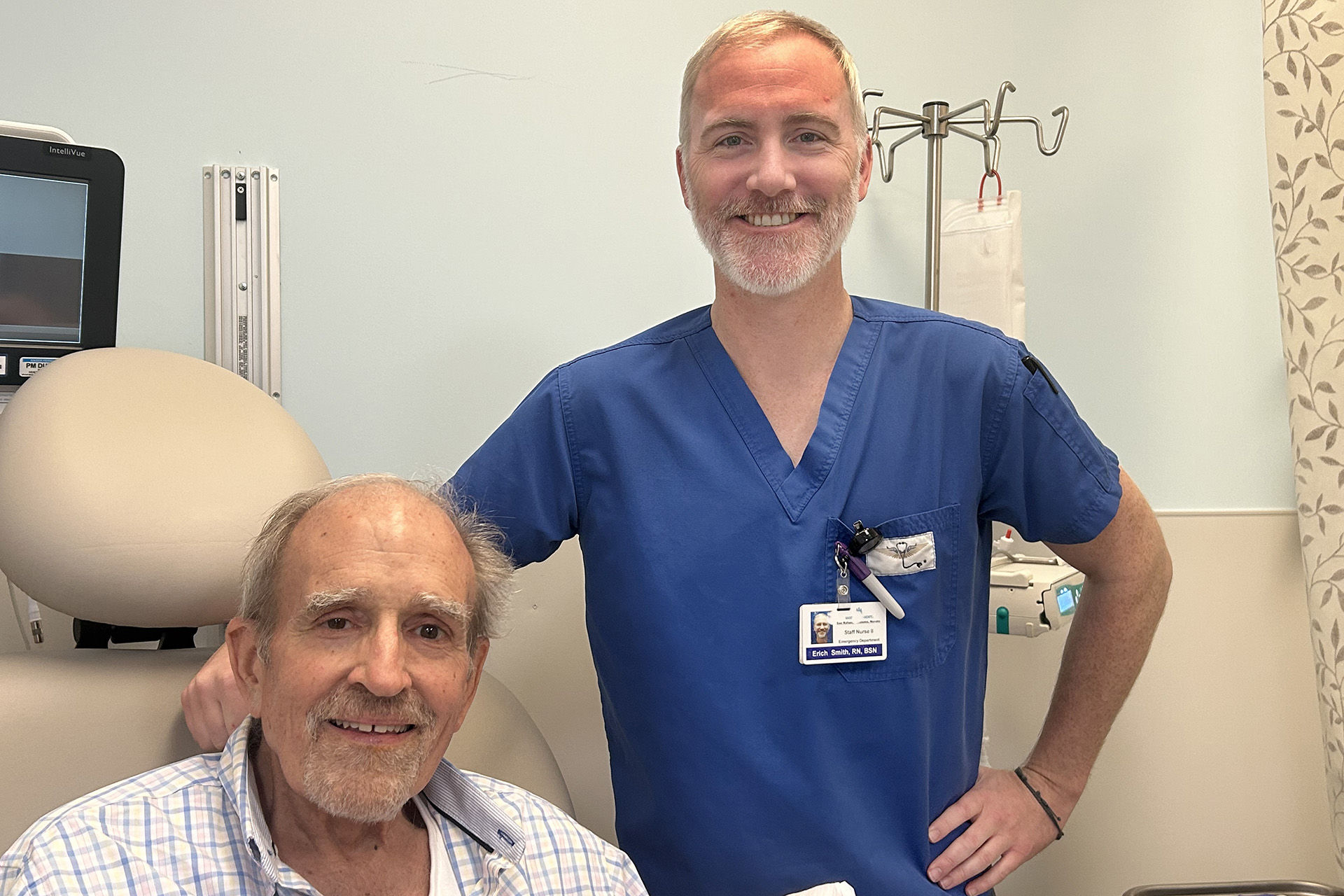Everyone’s relationship with their body is unique and can be complicated. There are many factors that cause women and men to struggle with a negative body image, including the inundation of diet culture and images of perfectly Photoshopped bodies.
Since the onset of the COVID-19 pandemic, Kaiser Permanente registered dietitian Ceseana Marzouk said the number of patients referred for treatment of an eating disorder has more than tripled.
Hear what she has to say about the causes and symptoms of body images struggles and how to have a healthier relationship with your body.
Body image challenges are perpetuated in adulthood by incessant messaging from the diet industry to lose weight and improve our appearance. The $70 billion a year industry profits off people’s dissatisfaction, particularly among vulnerable groups. – Ceseana Marzouk
What are some root causes of body image issues?
For many, body image issues start at a young age. Whether it was a humiliating P.E. incident or being bullied for your weight, childhood experiences can have far-reaching impacts on how you view yourself in adulthood. If your parents had a negative relationship with food or their bodies, that too could have an effect.
Body image challenges are perpetuated in adulthood by incessant messaging from the diet industry to lose weight and improve our appearance. The $70 billion a year industry profits off people’s body dissatisfaction, particularly among vulnerable groups.
How do body image challenges manifest in people?
This is different for everyone. For many it’s spending a significant amount of time thinking about your appearance and food — that’s energy spent away from more meaningful activities.
It can become an obsession with weight or food for some — constantly looking in the mirror, comparing yourself to others, weighing yourself daily. And for more severe cases, it can result in an eating disorder.
What is the correlation between food and body image?
People who struggle with body image, mild or severe, often have a complicated relationship with food.
If someone has a mindset of wanting to achieve the perfect body or is always trying to lose that last 10 pounds, they often follow a restrictive diet. Research shows that when someone restricts food or categorizes it as “good” or “bad,” their effort almost always backfires. It can trigger a vicious restrict/binge cycle that causes the person to eventually eat more than they normally would.
Do you have advice for creating a more positive relationship with food?
Strive for a relaxed relationship with food. Less restriction with food has been shown to decrease cravings for certain foods. Diets don’t work 90% of the time.
Focus instead on adding more nutritious, whole foods, such as fruits and vegetables, to your diet and view food as fuel and energy rather than concentrating on what not to eat. Try to be in tune with your body’s hunger cues.
What are ways to help alleviate body image struggles?
Start by accepting that your relationship with your body will never be perfect. Instead, think of it as a spectrum in which you have good and bad days. Work toward body acceptance by practicing self-care, positive thinking, and having compassion for yourself and body.
Fill your life with things that bring joy. If looking at unrealistic bodies on social media negatively affects you, fill your feed with hobbies or passions instead. Surround yourself with people who have a positive body image.
Ditch the scale, especially if stepping on it affects your mood. And finally, try to focus on overall health and nurturing your body instead of the number on the scale or your reflection.
Do you have resource suggestions?
The Calm meditation digital tool, which is free to all members, is filled with excellent self-care tools, including a series on self-compassion and body image.
There are some great books on this topic. “Health at Every Size,” by Linda Bacon, PhD, has been widely used among Kaiser Permanente staff to help people uncouple weight and health. Other books include “Self-Compassion,” by Kristin Neff, and “Intuitive Eating,” by registered dietician Evelyn Tribole, which focuses on nurturing the body and listening to hunger cues.
Learn about body dysmorphic disorder and cognitive behavioral therapy for treating eating disorders.




